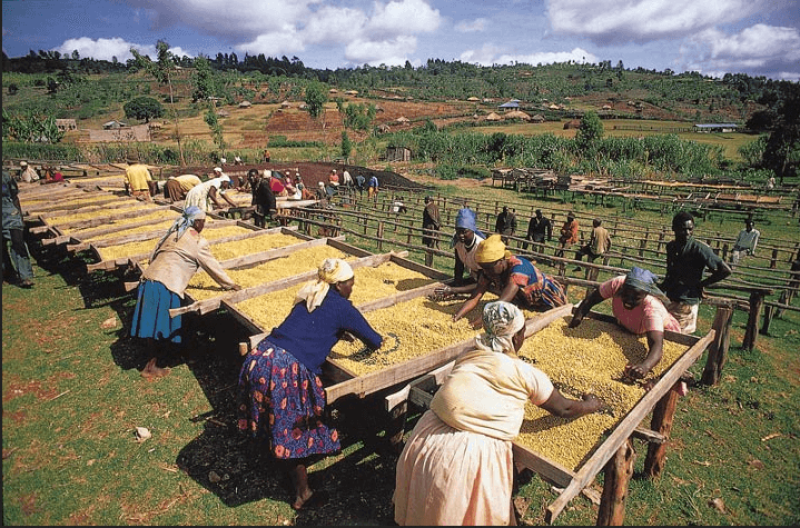[Kenyan] Opposition leader and former Prime Minister Raila Odinga recently criticised the government’s move to import genetically modified (GM) maize in a bid to address food shortages. Addressing his supporters in Kilifi County, the veteran politician stated that the maize would have serious health effects on the consumers. He specifically claimed men would develop breasts and women develop testicles.
Follow the latest news and policy debates on sustainable agriculture, biomedicine, and other ‘disruptive’ innovations. Subscribe to our newsletter.
This coming from a leader of Raila’s stature and global repute is inexcusable. Unfortunately, the ‘mysteries’ about genetically modified organisms (GMOs) have become political fodder in Kenya with unproven claims.
No wonder, a study commissioned by the Alliance for Science reported that Kenyans are subjected to the worst misinformation globally regarding GM foods and products.
This political rhetoric and unverified claims hinder any meaningful discussion about the contribution of GM crops to the food basket. In a recent article, I suggested that meaningful conversation could only happen when we all agree to stop misinformation. Kenya is a food-insecure nation and GM technologies are part of the solution.
































